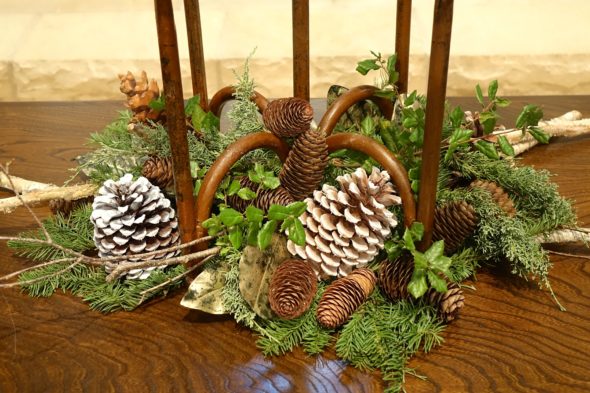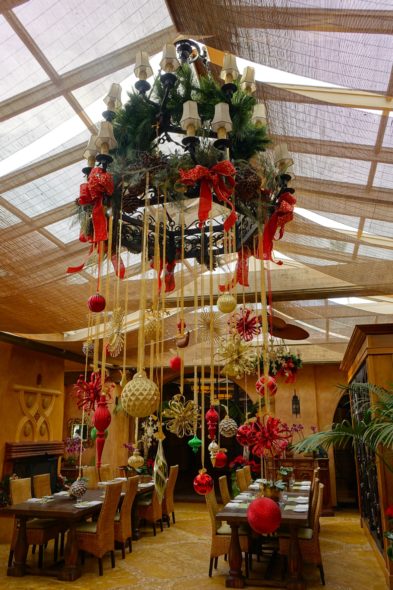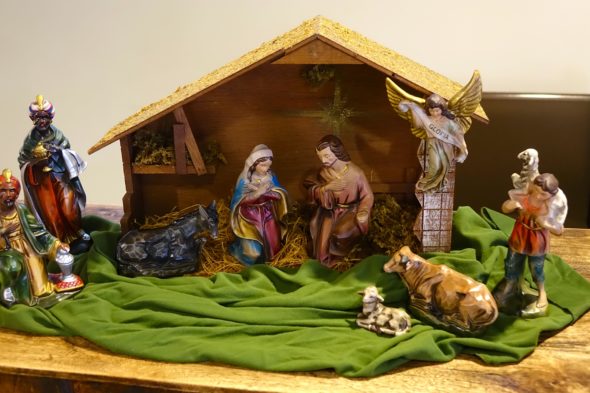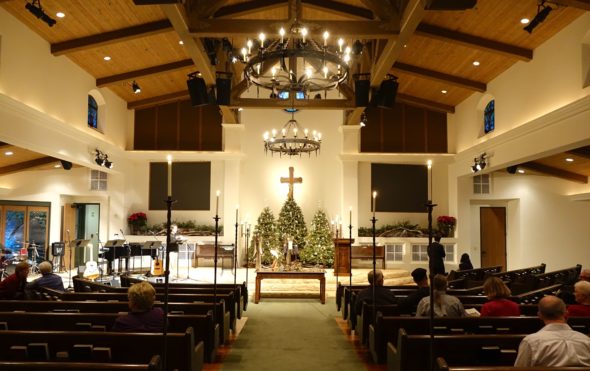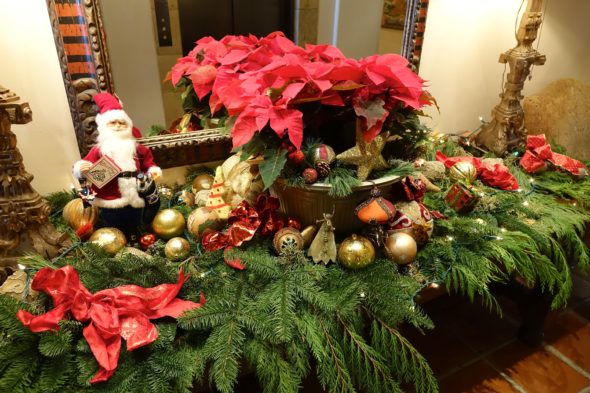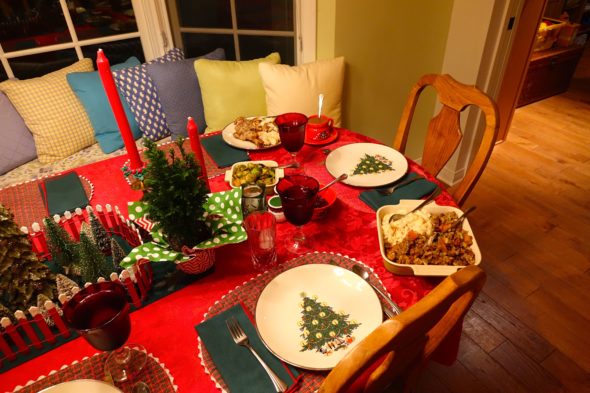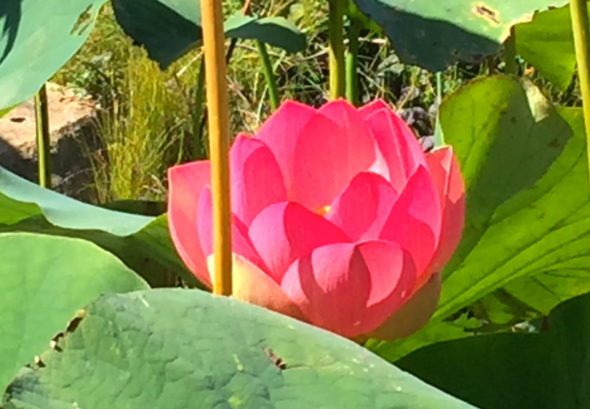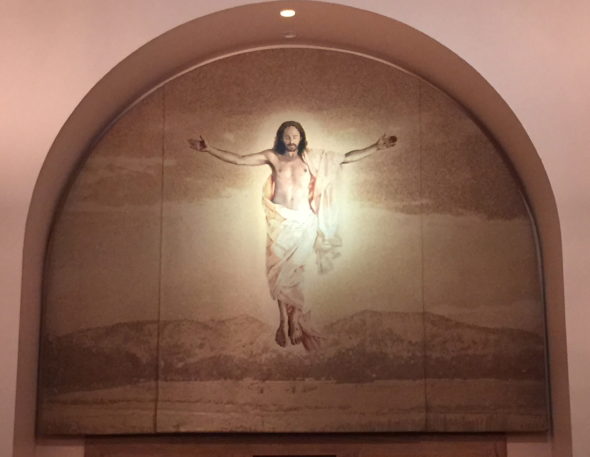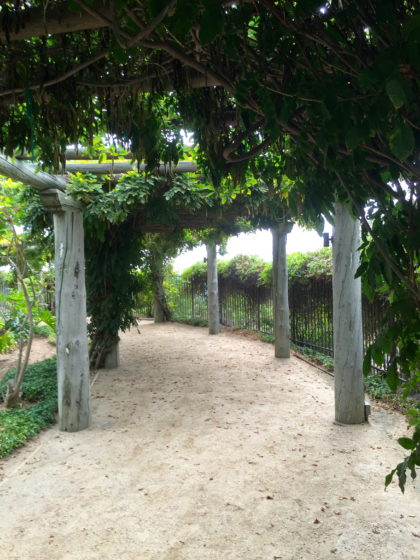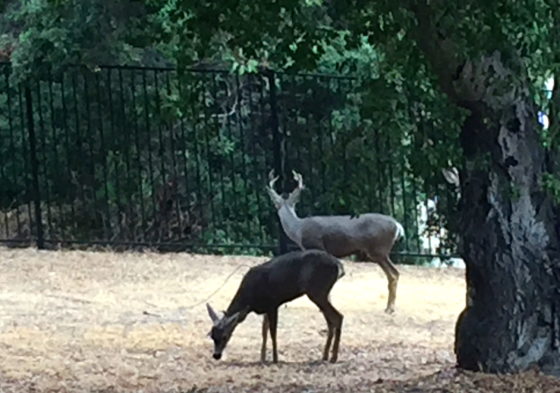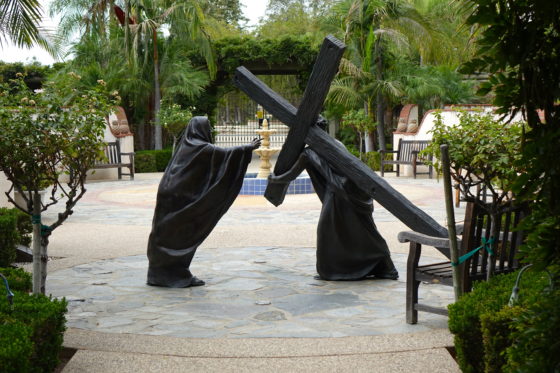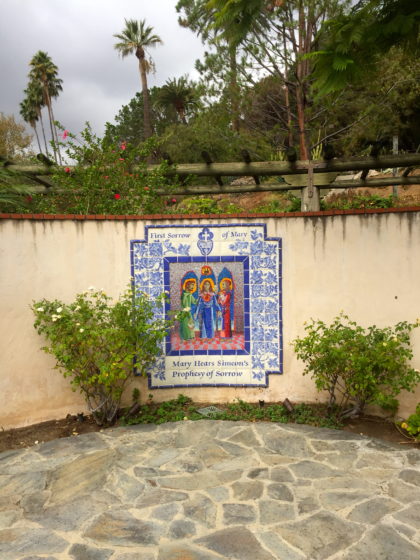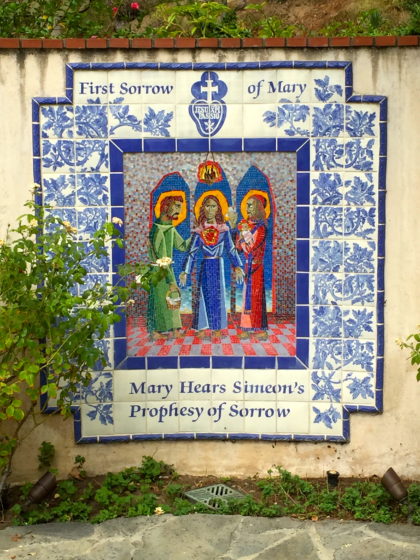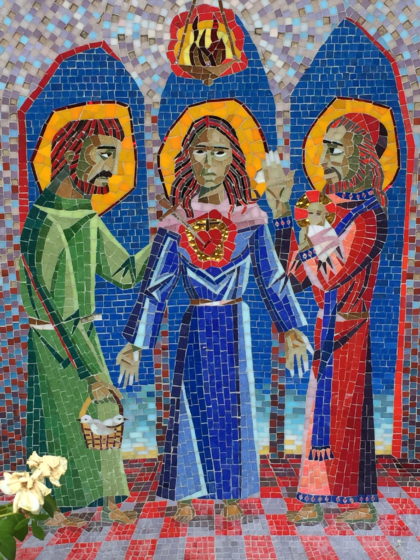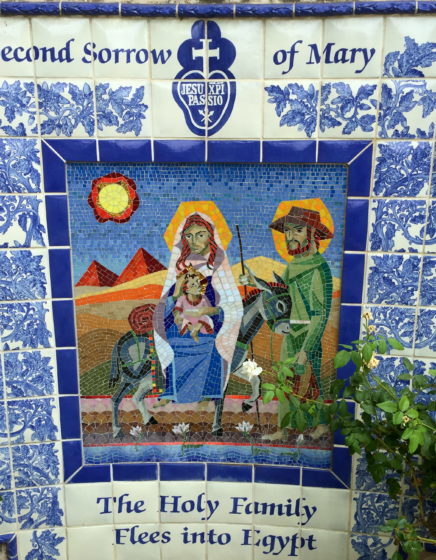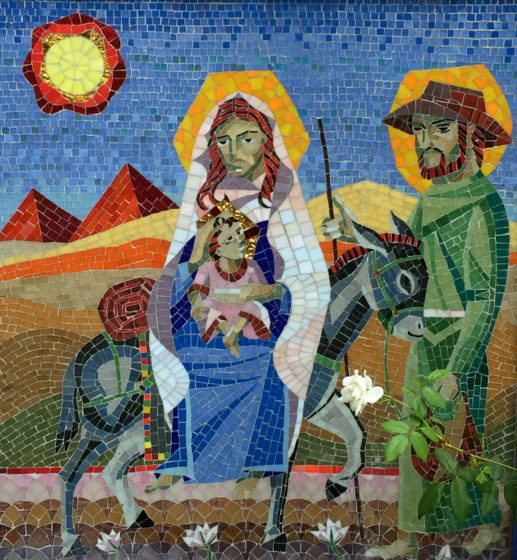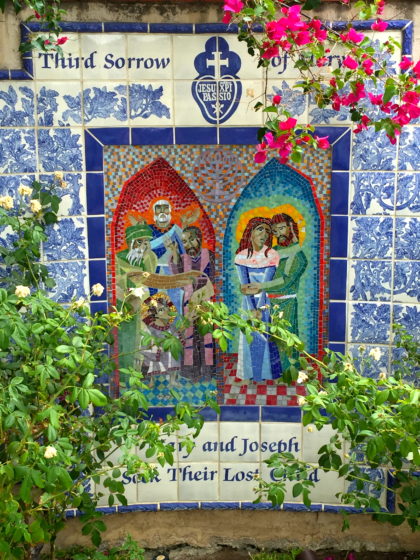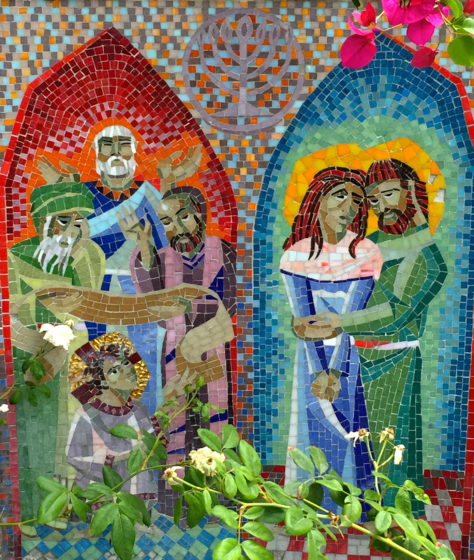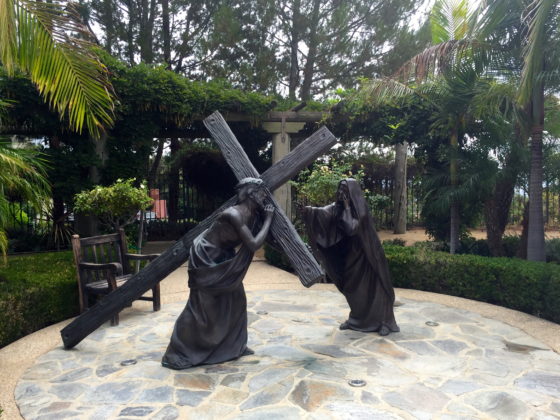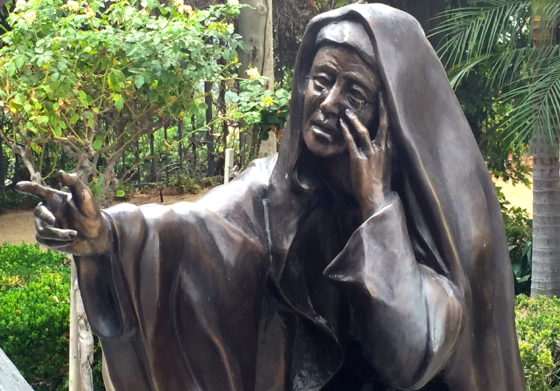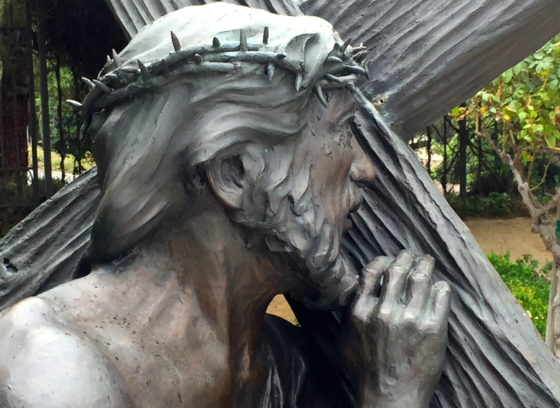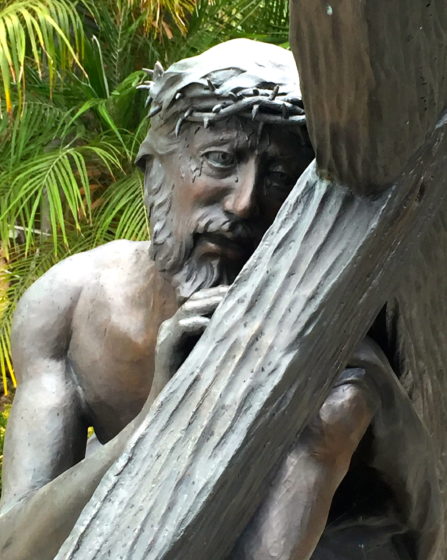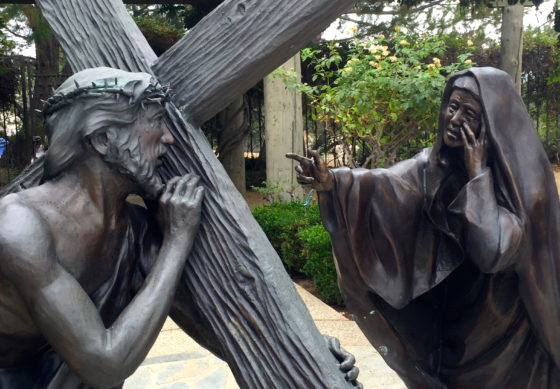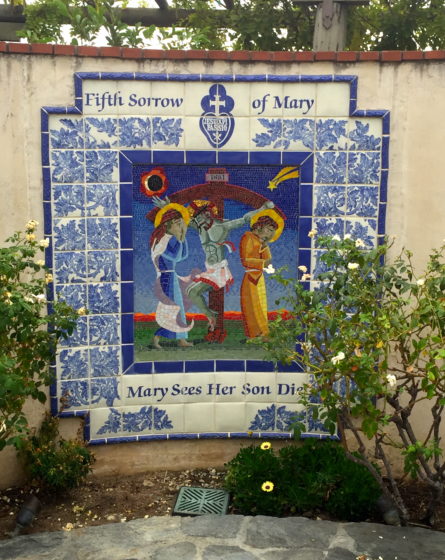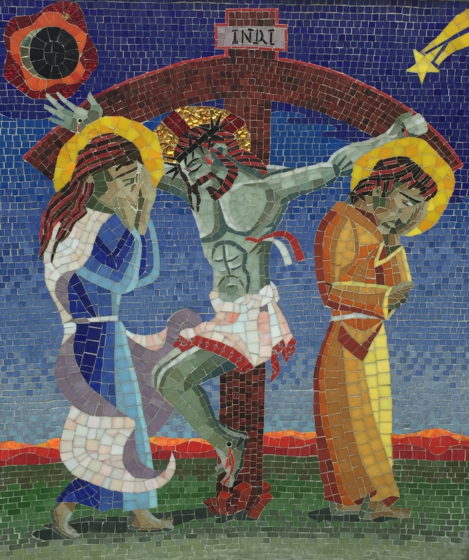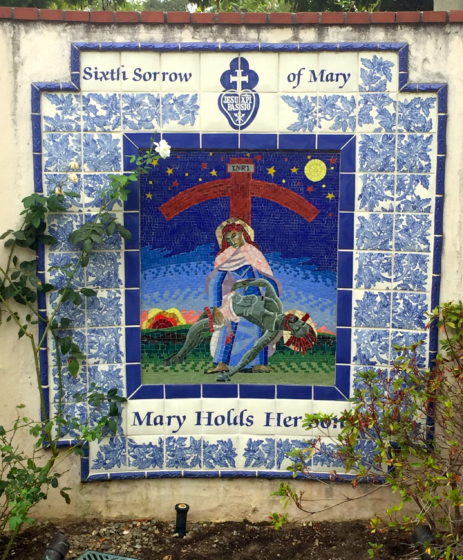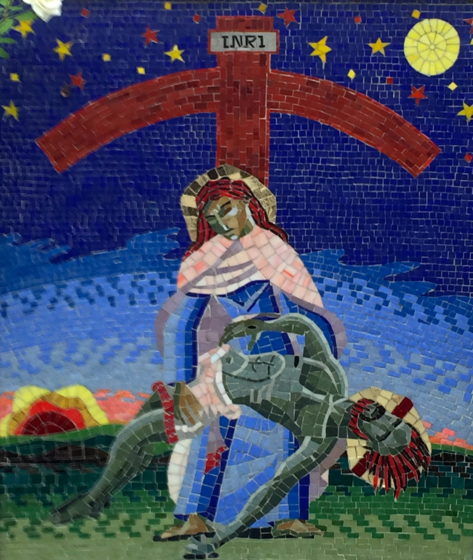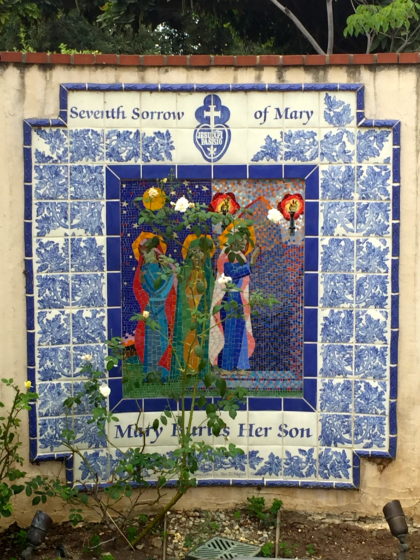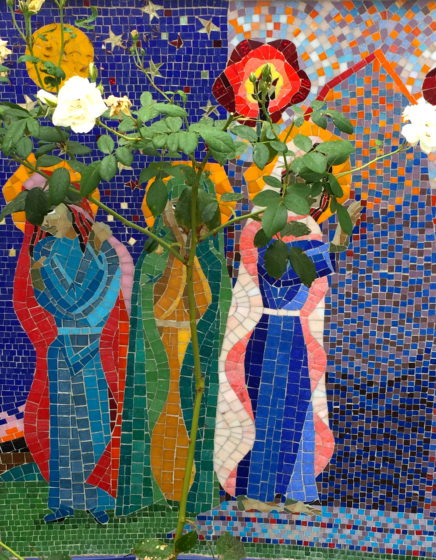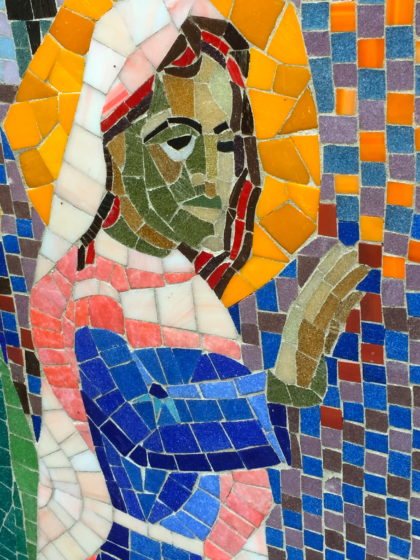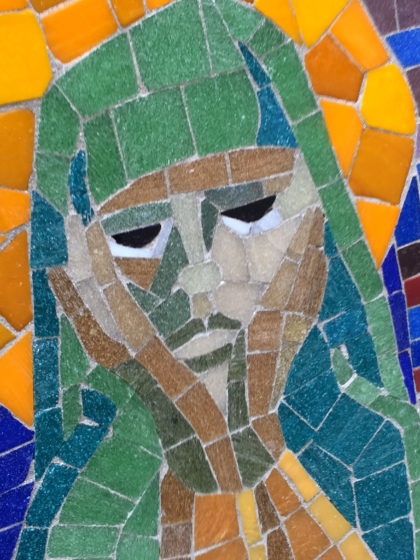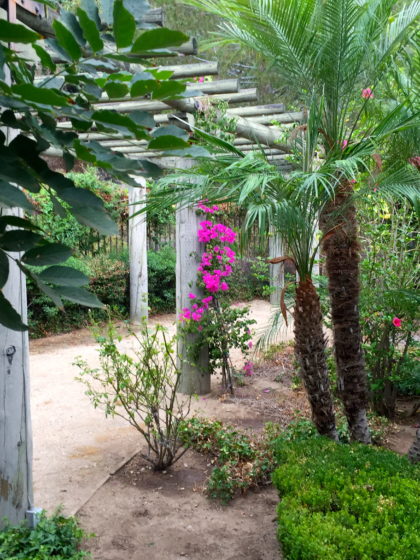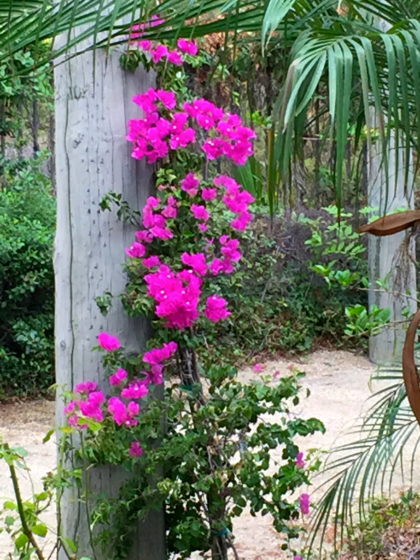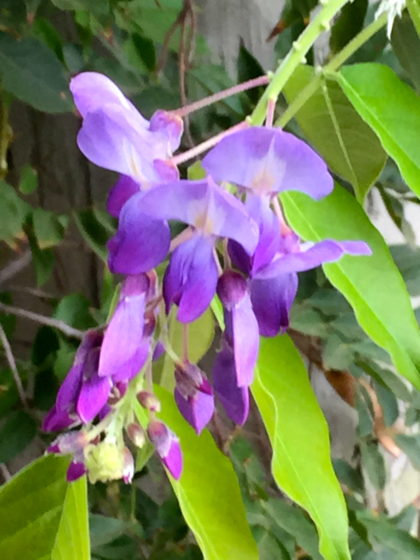2nd Sunday of Advent Readings:
Isaiah 11:1-10
Psalm 72:1-7, 18-19
Romans 15:4-13
Matthew 3:1-12
Romans 15:4-13
For whatever was written in former days was written for our instruction, so that by steadfastness and by the encouragement of the scriptures we might have hope. May the God of steadfastness and encouragement grant you to live in harmony with one another, in accordance with Christ Jesus, so that together you may with one voice glorify the God and Father of our Lord Jesus Christ.
Welcome one another, therefore, just as Christ has welcomed you, for the glory of God. For I tell you that Christ has become a servant of the circumcised on behalf of the truth of God in order that he might confirm the promises given to the patriarchs, and in order that the Gentiles might glorify God for his mercy. As it is written,
“Therefore I will confess you among the Gentiles,
and sing praises to your name”;and again he says,
“Rejoice, O Gentiles, with his people”;
and again,
“Praise the Lord, all you Gentiles,
and let all the peoples praise him”;and again Isaiah says,
“The root of Jesse shall come,
the one who rises to rule the Gentiles;
in him the Gentiles shall hope.”May the God of hope fill you with all joy and peace in believing, so that you may abound in hope by the power of the Holy Spirit.
I love it when Paul pulls the threads together like this! He digs into the scriptures he knows and loves and he builds a beautiful argument for the work God has given him to do: evangelize the Gentiles. Read that first line over a few times and sit with it for a bit.
“For whatever was written in former days was written for our instruction, so that by steadfastness and by the encouragement of the scriptures we might have hope.”
Exactly. Our scripture is written down for our instruction and encouragement so that we might have HOPE. These words of ours are never meant to be used as weapons, threat, or excuse. They are designed for our good — to teach us, to encourage us and to inculcate hope within us. And Paul takes those words — which he had previously used as weapons and threat and excuse for his inexcusable and hateful behavior — and because of his encounter with the risen Christ, he learns to handle them with loving care, prayerful attention and a listening heart.
And voila! He discovers the truth that he longs for and that he now lives: the Gentiles are included in God’s mercy and plan. Think about that for a minute. The same one who was hell-bent on destroying all the followers of The Way, the same one who stood collecting the coats of those who were stoning Stephen to death, the same one now sees something entirely different in the scriptures of his youth.
As we grow in our faith and in our understanding of the heart of God, we, too, will discover things we never knew were there. Maybe even things that are exactly the opposite of what we had always supposed to be there. Maybe even things that will turn the world upside down.
Which is exactly what happened to our friend and mentor, Paul. Exactly.
